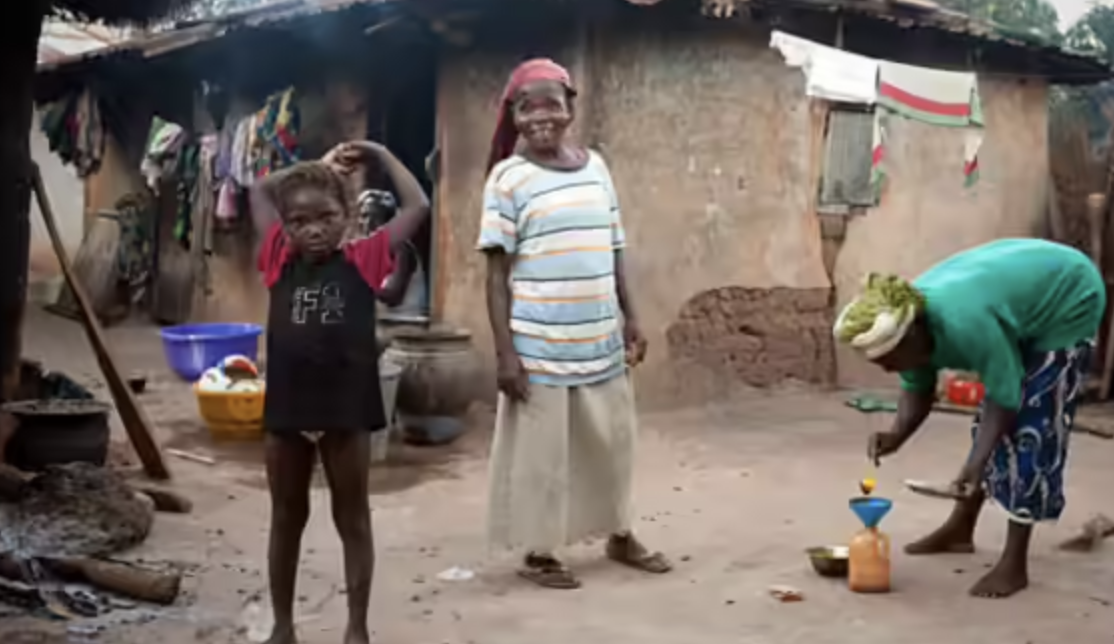Nestled between two mountains in the Obudu area of Cross River State, Nigeria, lies Ubang village, comprised of three smaller villages: Okwersing, Ofambe, and Okiro. The predominantly Christian community sustains itself through cocoa farming.
Ubang's unique linguistic characteristic sets it apart: boys and girls grow up speaking distinct languages. For example, women say "kaket" for skirt, while men say "nki." "Abuo" is the women's word for shoes, while men use "okpok." A tree is "kitchi" for men and "okweng" for women.
"These aren't just pronunciation differences, but two entirely different vocabularies," anthropologist Chi Chi Undie said.
While Ubang's men and women share many common words for daily communication, certain terms differ entirely based on gender. These words have distinct pronunciations and spellings, forming two separate language systems.
 |
Residents of Ubang village, Nigeria. Photo: Times of India |
Residents of Ubang village, Nigeria. Photo: Times of India
Remarkably, both men and women in Ubang understand each other, as children grow up learning both languages within their families. However, boys begin a linguistic transition around ages 5 to 6.
During this period, fathers, older brothers, uncles, or other male relatives guide boys in using the male vocabulary, called Ofe. This transition occurs naturally, without coercion, and typically lasts a few months until the boys achieve fluency. It marks a significant step towards cultural adulthood.
To preserve the distinct male (Ofe) and female (Araseke) vocabularies, the community holds informal evening classes, helping children and adults maintain their language skills.
Several recording projects are underway to document these languages before they are overtaken by English and the increasing trend of young people leaving the village for work. These efforts demonstrate a commitment to preserving Ubang's linguistic heritage.
"No one has to say anything, but when a boy starts speaking the men's language, everyone knows he has grown up," said Ubang village chief Oliver Ibang.
Anthropologist Chi Chi Undie theorizes that the two languages stem from a dual-gender culture, where men and women occupied separate spheres with minimal interaction.
However, she acknowledges this theory's limitations, as this cultural model exists in many parts of Africa without resulting in gender-divided languages.
The Ubang languages have never been written down, passed down orally through generations. Meanwhile, English, used in schools, is becoming increasingly dominant in the lives of young Nigerians.
Coupled with the trend of young people migrating to cities like Calabar and Lagos, both male and female languages in Ubang face the threat of extinction.
Ngoc Ngan (Daily Mail, Times of India)












